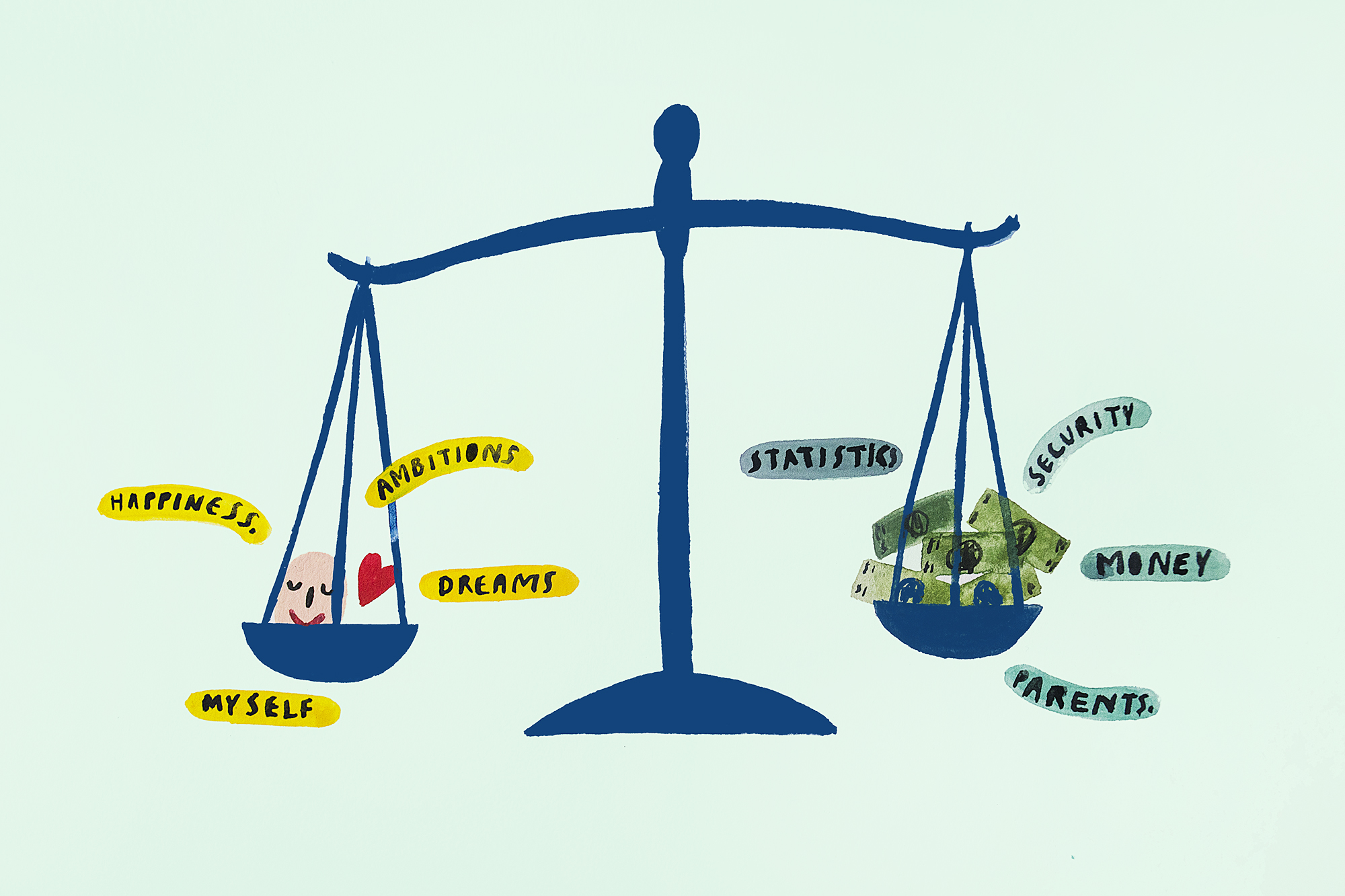culture
Book Report: Men Explain Things to Me

Maybe it was a male family member attempting to explain baseball to you or a potential suitor pretending he knows everything on Marxist theory, but either way, you have most likely been a victim of mansplaining. In an essay written by Rebecca Solnit, she coined the term “mansplaining” which inspired the book of essays, Men Explain Things to Me. The book is about situations women commonly find themselves in and conversations where men find the need to share their deeply profound “insights”; they often assume that women have no knowledge on the topic (classic).
 Photos by Victoria Pandeirada
Photos by Victoria Pandeirada
Rebecca Solnit uses wit and honesty to share her own personal exchanges with men that have resulted in condescending lectures, and explores why and how it happens so often. This book was super eye-opening for me because all of the familiar conversations and interactions Solnit pulls from her own life, I have seen happen to myself and others (seriously, it happens all the time). In the beginning of the first essay, Solnit describes the way a man asked her to share what she does, the same way you encourage your friend’s seven year old to describe flute practice. Which had me like, RT RT but also like WTF?

These experiences remind me of an episode of Seinfeld where Elaine is sick of her boyfriend being a “mansplainer” but Solnit takes it to another level, positing mansplaining as a catalyst for the worldwide oppression of women. She argues that (some) men unnecessarily and confidently explaining things they know nothing about, sets back dozens of women who chose to keep quiet and roll their eyes at men of authority, thus perpetuating habits of self-doubt and uncertainty among women. She argues that when women are passive towards mansplainers, it affects the success of their careers, domestic life, and relationships in a detrimental way. Makes sense, doesn’t it?

Overall, this book includes eye-opening essays mostly relating to the domestic war on women going on right now. One fact that had me stunned was that a woman is beaten every 9 seconds in America by her husband. Today. Right now. Not in the 1600s. Although this book was not uplifting nor fluffy, and at times left me emotionally distraught, I feel I have a greater understanding on the status women have in the home, and maybe what small societal steps need to be taken to improve it.
First step: stand up against mansplaining!
























